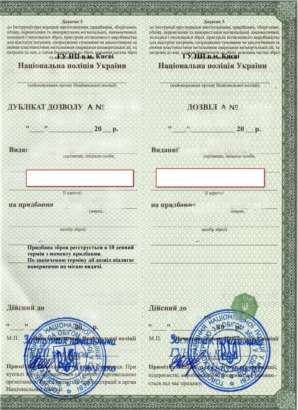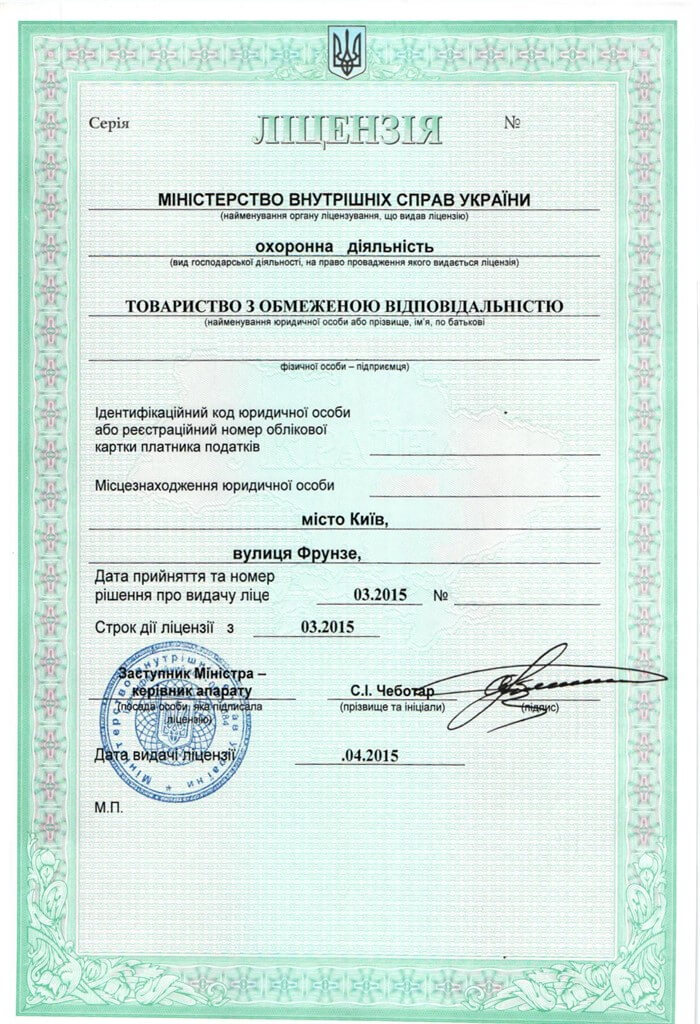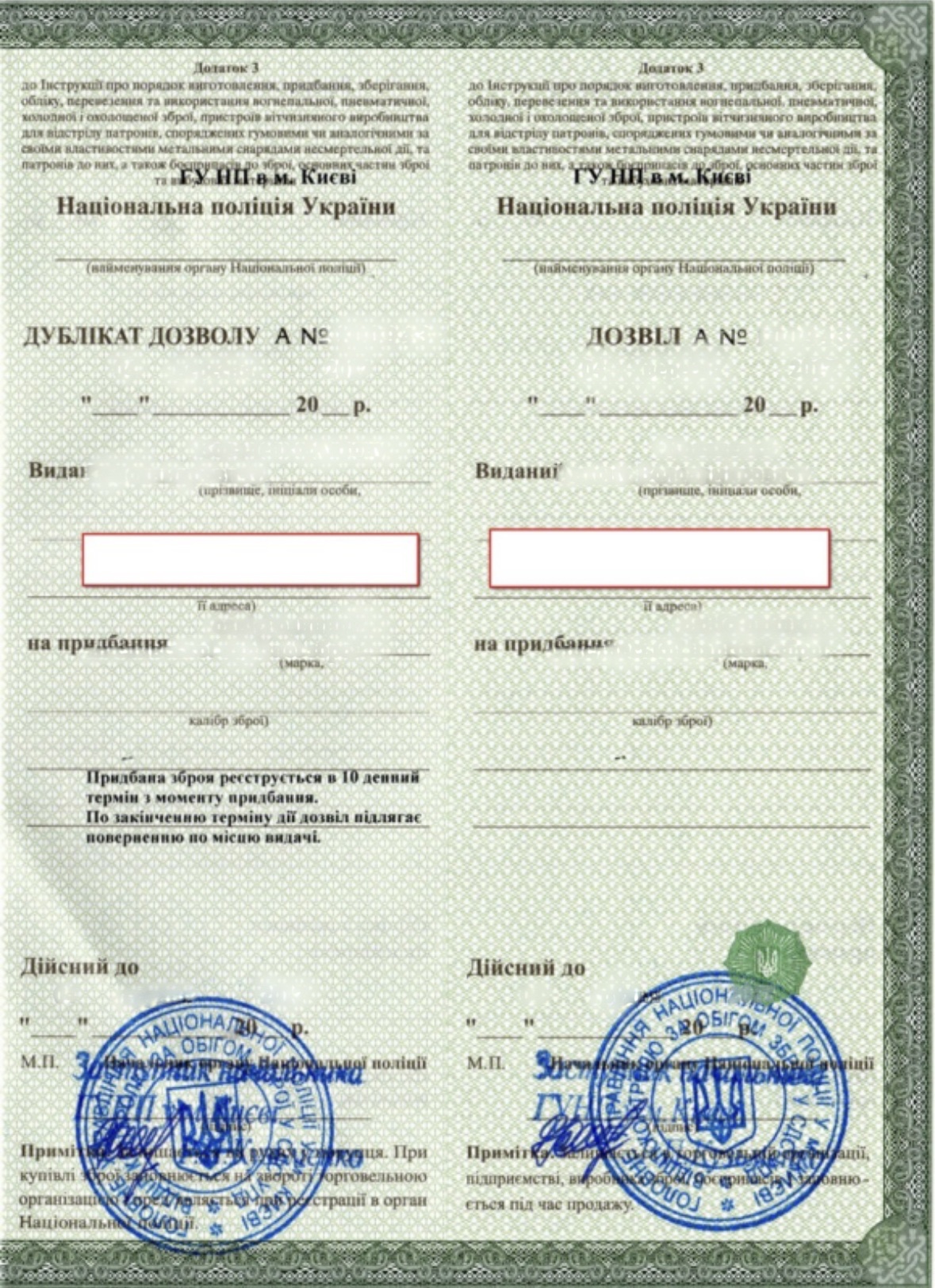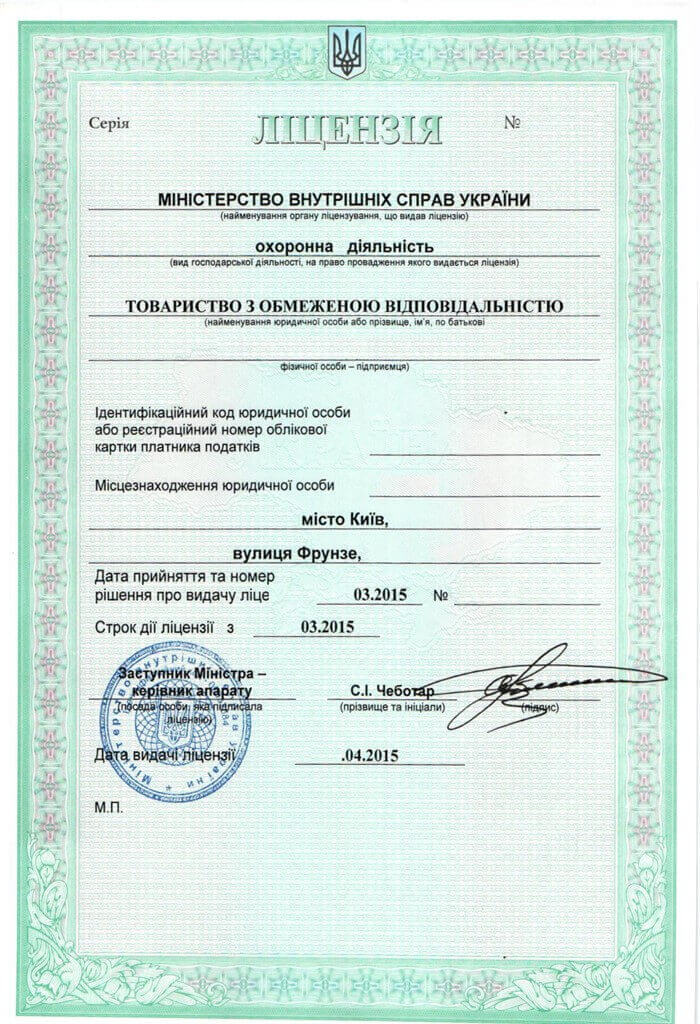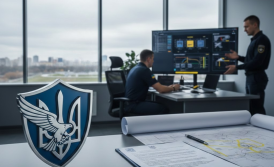Frequently Asked Questions about Security Services
Cost of services:
Reviews of our Clients
... our work on joint projects assured us of your high level of professionalism
Clients often reach out to us when they plan to enter the security services industry and need expert legal guidance. This is particularly important for foreign entrepreneurs looking to establish security operations in Ukraine, as the sector is governed by specific regulations and requirements. Failure to meet these standards can result in legal complications, penalties, or even the closure of a security company.
Recognizing the need for clear and detailed guidance, we have compiled answers to the most common questions posed by clients who are just starting out in the security services business. This article elaborates on the key legal aspects crucial for successfully launching a security company in Ukraine, including the rights and responsibilities of security personnel, licensing requirements, and the proper use of specialized equipment.
You might also like: How to Obtain a Permit for Security Firm Guards to Carry Weapons?
What Actions Are Legally Permitted for Security Company Employees?
The issue of the legal powers granted to security company employees is of utmost importance. Security personnel can perform a variety of actions to ensure safety, but these are strictly regulated by law to prevent misconduct and safeguard citizens' rights. A key question often arises: can security guards use physical force to protect individuals or property, including physical intervention against those threatening the security of a protected site? Security company employees are legally permitted to:
- Use centralized monitoring stations, technical equipment, security vehicles, and service dogs;
- Monitor the security condition of the protected site;
- Prevent threats to the personal safety of the individual under protection;
- Respond (strictly within the scope of their legally granted powers) to unlawful actions targeting the protected site.
Are security guards allowed to detain offenders and use force for this purpose? For instance, in cases of intruders entering a secured site—yes, security guards are authorized to detain offenders and, when necessary, use force. According to Article 16 of the Law of Ukraine "On Security Activities," security personnel may apply physical force and special equipment if other measures, such as verbal warnings or demands to cease unlawful actions, have failed to produce results. Security guards may use physical force and special equipment in the following situations:
- To protect themselves or others from attacks that pose a threat to life, health, or property;
- To prevent offenders from forcibly seizing a guard’s special equipment;
- To detain an offender who has unlawfully entered a protected site or is engaging in other unlawful activities and is resisting detention;
- To stop unlawful actions committed by individuals targeting the protected site, strictly within the limits of their legal authority;
- To stop unlawful actions committed by individuals targeting the protected site, acting strictly within the limits of their legal authority.
As previously noted, the use of physical force or special equipment must generally be preceded by a verbal warning. However, exceptions exist: guards may use force or special equipment without prior warning in cases of sudden attacks, including armed assaults or attacks involving objects that threaten the life and health of the protected individual or security personnel.
You might also like: How to Register Service Vehicles for a Security Firm in Ukraine?
Can a Security Company Own Firearms, and What Weapons Are Permitted for Security Personnel?
A security company can own weapons, but their types are strictly regulated. For example, bodyguards are allowed to carry non-lethal firearms, such as those using rubber bullets, but even this requires proper authorization. According to Clause 11 of the Licensing Conditions, the acquisition and storage of domestically produced devices designed to fire cartridges loaded with rubber or equivalent non-lethal projectiles, as well as the cartridges themselves, is allowed only if the security company has obtained a firearms permit. To secure this permit, the following approvals are required:
- Authorization to establish and operate a facility within the regulated permit system;
- A license to purchase firearms.
Thus, weapons loaded with rubber cartridges are the only type of firearm officially available to security personnel. The rules for their use, as previously discussed, limit their application to cases of absolute necessity and real threats to the lives of security guards or the individuals they are protecting.
The situation with lethal firearms remains ambiguous. Security companies are not explicitly authorized to purchase lethal firearms. However, private individuals in Ukraine may obtain permits to purchase, store, and carry hunting firearms, cold weapons, or pneumatic firearms. In some cases, security personnel unlawfully bring their personal firearms to work, which can lead to legal issues for both the individual guard and the security company. Officially, security guards are only permitted to carry non-lethal weapons.
You might also like: What Types of Security Services Can Be Provided with a License?
What Are the Rules for Storing Weapons and the Requirements for Storage Facilities?
What are the regulations for storing weapons owned by a security company? Where must they be kept, and is 24/7 physical security required? Is a security alarm system sufficient? According to the law, departmental weapons, ammunition, devices, and cartridges must be stored in a specially equipped storage facility. The legislation does not allow for weapons to be stored at an employee's home or any location other than the designated storage facility. The storage facility must meet a set of specific requirements. We have detailed these in our article What Criteria Must a Security Company’s Weapon Storage Facility Meet. In summary, the main requirements are as follows:
- Isolation: The storage facility must be isolated from other utility rooms, with solid walls and sturdy floor and ceiling structures.
- Doors and locks: The facility must have two doors, each equipped with durable and reliable locks of appropriate thickness, with a metal grid installed inside.
- Grilles: Window openings must be fitted with steel grilles, either inside the room or between window frames.
- Security and fire alarm systems: There must be at least two layers of security and fire alarm systems, with sensors on windows, doors, hatches, walls, and other vulnerable areas.
Is 24/7 physical security of the storage facility required? Continuous physical security is not mandatory. A reliable alarm system capable of responding to any unauthorized access attempts is sufficient. However, the alarm system must be installed to ensure the highest level of security.
Are There Rules for Possession and Use of Non-Lethal Weapons Such as Sprays, Tear Gas, Batons, Body Armor, and Handcuffs?
Security activities in Ukraine allow for the use of specialized equipment to ensure safety and perform duties effectively. According to the law, such equipment includes not only non-lethal weapons like tear gas sprays or rubber batons but also other tools designed to protect security personnel and guarded objects. The list of specialized equipment permitted for entities engaged in security activities includes:
- Body armor and protective helmets;
- Tear gas sprays and aerosols with irritant effects;
- Gas pistols and revolvers with cartridges of 6, 8, and 9 mm caliber, loaded with tear gas or irritant substances;
- Rubber batons, single-use plastic handcuffs, and stun guns;
- Ukrainian-made devices designed to fire cartridges equipped with rubber or similar non-lethal projectiles.
What are the rules for possession and use of non-lethal weapons? No permit is required to purchase or carry pepper spray. However, there are strict regulations governing the use of special equipment, outlining when such tools can and cannot be used. As previously mentioned, force and special equipment may only be used as a last resort in situations where there is a direct threat to life, health, or the security of the protected object.
Additionally, there are specific restrictions on the categories of individuals against whom physical force or special equipment may not be used:
- Women showing obvious signs of pregnancy;
- Elderly individuals and/or those with visible signs of disability;
- Minors;
- Individuals granted special immunity under the law (except in cases where their actions pose a threat to the life or health of security personnel or other persons).
It is also important to note restrictions on the use of special equipment in crowded areas. Security personnel are prohibited from using such tools in places with large gatherings of people if this could harm bystanders, except in cases of self-defense.
You might also like: Security Specialist: What Military Experience Qualifies for the Role?
Is a Uniform Mandatory for Security Personnel?
According to legal requirements, security guards performing property protection duties are obligated to wear a uniform indicating their affiliation with a specific security entity. A security guard's uniform serves as a means of identification, enabling others to recognize the individual as a person performing security duties. This measure also helps prevent situations where unauthorized individuals impersonate security personnel.
In addition to wearing a uniform, security personnel must carry an identification card while performing their duties. This document is essential for verifying their authority and identity, especially during interactions with government authorities or when proof of credentials is required.
Is It Necessary to Have a Company Office for Security Activities?
The legal position on this matter is somewhat ambiguous. Generally, having a physical office for a security company is not mandatory. However, there are specific circumstances where having an actual facility is essential for fulfilling security functions. For instance, if your company provides security services requiring a monitoring station, this station must have a physical location.
It is important to note that a security company's monitoring station must be located in a residential building. This facility serves as a base for rapid response, ensuring proper monitoring of protected sites and maintaining personnel readiness to respond to emergencies around the clock.
Staff Employees and Self-Employed Contractors in Security Services
Is it mandatory to have staff employees for security activities? Can self-employed contractors (sole proprietors) be engaged? According to Clause 14 of the Licensing Conditions, a security company must include specialists responsible for organizing security measures on its staff. If the company operates a centralized security station, it is also required to employ personnel specifically assigned to that station. Furthermore, Clause 15 of the Licensing Conditions mandates that the company’s staff must include security guards who meet established qualification requirements depending on the type of protected object (there are four security guard grades). Thus, staff employees are a critical component of organizing security activities, and their presence is mandatory for obtaining and maintaining a security services license.
The involvement of independent contractors working under the sole proprietor scheme is not explicitly provided for by legislation. However, this issue can be addressed through contractual arrangements. The key is to ensure that the agreement between your security company and the client does not include a clause requiring your company to provide security services exclusively and without the right to delegate these responsibilities to third parties, such as contractors. Furthermore, it is advisable to explicitly state in the contract that your security company reserves the right to delegate its duties and functions to contractors who possess the necessary licenses, qualifications, and technical capabilities.
You might also like: Drafting Security Service Agreements: Developing a Contract Template
Security License and Self-Employed Contractors
Does your security license apply to self-employed contractors? This frequently asked question has a clear answer: a company’s security license does not extend to contractors. A security license is issued to a specific organization and covers only employees who are part of that licensed entity. Therefore, even if you enter into a contract with a self-employed contractor (sole proprietor), your license will not apply to them.
We hope this material has been helpful. If you have any further questions, feel free to reach out! Our legal firm is ready to provide professional legal assistance to entrepreneurs looking to start a business in the security industry. We can help you properly prepare all necessary documentation, obtain a license, and secure weapons permits for your security company, ensuring that your operations comply with all legal requirements.
Don’t delay—contact us today for a consultation and reliable legal support in launching your business!
Our clients



